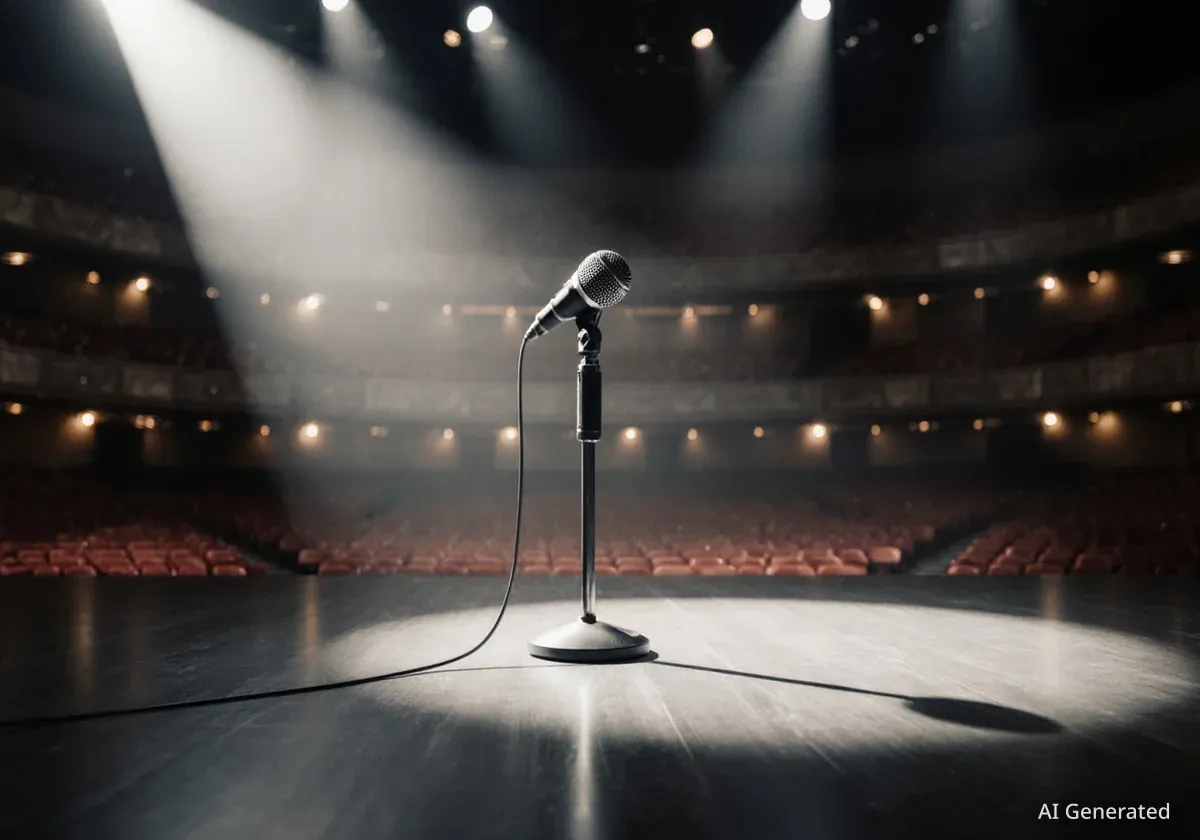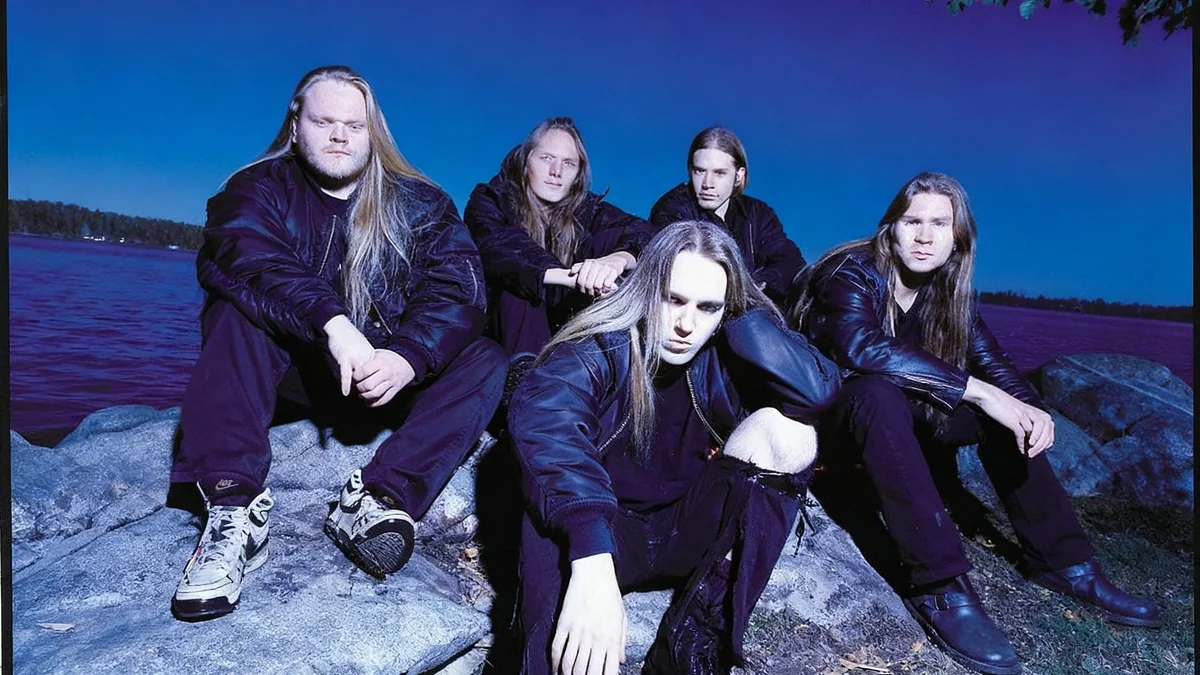Jimi Hendrix is widely regarded as one of the most innovative guitarists in music history, a musician whose talent seemed almost untouchable. Yet, even at the peak of his fame during the iconic 1969 Woodstock festival, Hendrix admitted to feeling a sense of professional envy toward another performer, a British blues-rock guitarist named Alvin Lee.
Following the monumental event, Hendrix openly praised several artists but singled out the lead guitarist of Ten Years After for his exceptional speed and technical skill. This rare admission provides a unique insight into the mind of a musical giant and highlights the incredible talent present at the legendary festival.
Key Takeaways
- Jimi Hendrix, despite his own legendary status, expressed admiration for fellow guitarist Alvin Lee at Woodstock in 1969.
- Hendrix specifically stated he was "a little bit jealous" of Lee's playing, particularly his speed.
- Alvin Lee was the frontman for the British blues-rock band Ten Years After.
- The band's performance of the song "I'm Going Home" at Woodstock is what captured Hendrix's attention and became a standout moment of the festival.
Jimi Hendrix's Place in the 1960s Music Scene
By 1969, Jimi Hendrix was not just a musician; he was a cultural phenomenon. His revolutionary approach to the electric guitar had redefined the instrument's possibilities. With albums like Are You Experienced and Electric Ladyland, he had established himself as a trailblazer in psychedelic rock, influencing countless musicians, including established stars like Eric Clapton and members of The Beatles.
Hendrix was known for his fearless individuality and creative confidence. He famously performed his own interpretation of The Beatles' 'Sgt. Pepper’s Lonely Hearts Club Band' just days after the album's release, with the band members in the audience. This act demonstrated an artist who was not easily intimidated and operated on his own creative terms.
The Woodstock Festival Context
The Woodstock Music & Art Fair, held in August 1969, was a defining event for the counterculture generation. It featured a lineup of the era's most significant musical acts, including Jefferson Airplane, Sly and the Family Stone, The Who, and Janis Joplin. For many, it was the ultimate gathering of rock and roll royalty.
Hendrix was the festival's headliner, and his performance has since become one of the most iconic moments in music history. His rendition of "The Star-Spangled Banner" was a powerful political and artistic statement that resonated with the anti-war sentiment of the time. The image of him on stage is synonymous with the festival itself.
A Lineup of Unprecedented Talent
The sheer volume of talent at Woodstock was immense. The festival was a showcase of the diverse sounds that defined the late 1960s, from the funk innovations of Sly and the Family Stone to the folk-soul of Richie Havens, who opened the event. For the nearly half a million attendees, it was an unparalleled musical experience.
Even for a performer of Hendrix's stature, the environment was charged with competitive and creative energy. Every artist brought their best to the stage, aware that they were part of a historic moment. It was in this context that Hendrix, the supposed king of the festival, found himself impressed by one of his peers.
The Performance That Caught Hendrix's Attention
While Ten Years After was a respected band in the British blues scene, they were not as widely known in the United States as many other Woodstock acts. However, their performance on Sunday evening changed that. The band delivered a high-energy set, but it was their extended version of the song "I'm Going Home" that became legendary.
Frontman Alvin Lee unleashed a torrent of incredibly fast and precise guitar licks, a display of technical virtuosity that was captured in the subsequent Woodstock documentary film. Lee's playing style was a blur of motion, combining classic rock and roll riffs with blues scales at a speed that left audiences and fellow musicians astounded. This performance elevated both Lee and his band to international recognition almost overnight.
Alvin Lee's Nickname
Due to his lightning-fast playing style, Alvin Lee was often referred to as "Captain Speedfingers" in the music press, a nickname that gained popularity after his Woodstock performance.
The intensity of the performance was a perfect match for the festival's atmosphere. Lee's raw energy and blistering pace stood out even among a roster of incredible guitarists, making it one of the most memorable individual showcases of the entire three-day event.
Hendrix's Rare Admission of Envy
In the aftermath of Woodstock, Hendrix was asked about his experience and the other performers. According to reports in Ultimate Classic Rock, he was complimentary of several artists. "I dug the Woodstock festival – especially Sly [Stone] and Richie Havens," he stated.
However, he reserved his most surprising comment for the guitarist from Nottingham, England. His reflection on Alvin Lee's performance was a moment of candid professional admiration.
"And the guy from Ten Years After, yeah, I was just a little bit jealous when I saw him play."
For Jimi Hendrix to admit jealousy of another guitarist was highly unusual. He was an artist who forged his own path and rarely compared himself to others. His comment was not likely born of genuine insecurity but rather a deep respect for a specific skill set. Hendrix was a master of tone, feel, and innovation, while Lee was a master of pure, unadulterated speed. It was a classic case of one great artist recognizing and admiring a different form of greatness in another.
This admission underscores the humility that often coexists with genius. Even the most celebrated artists can look at their peers and find something to admire. It also solidified Alvin Lee's reputation as one of the premier guitarists of his generation, earning him a unique endorsement from arguably the greatest of them all.




